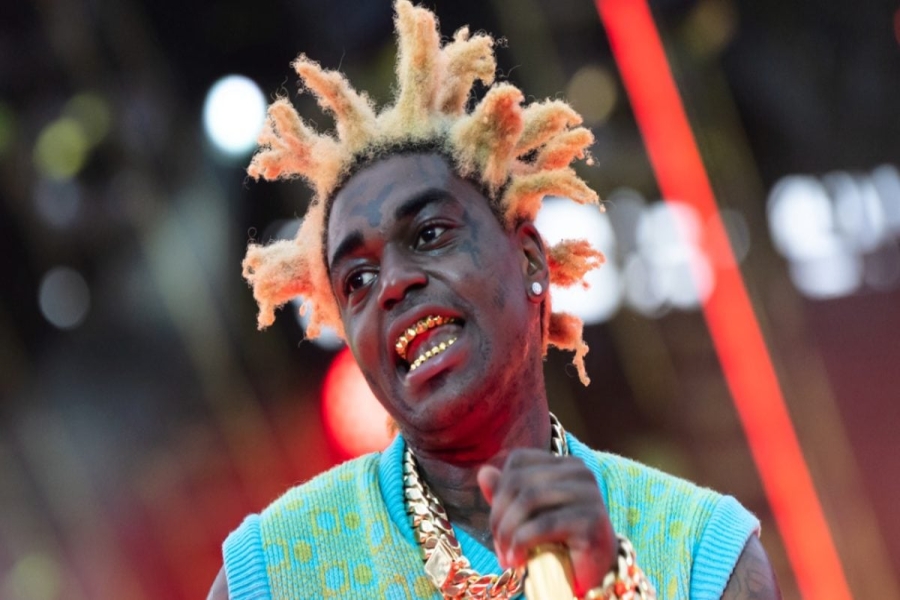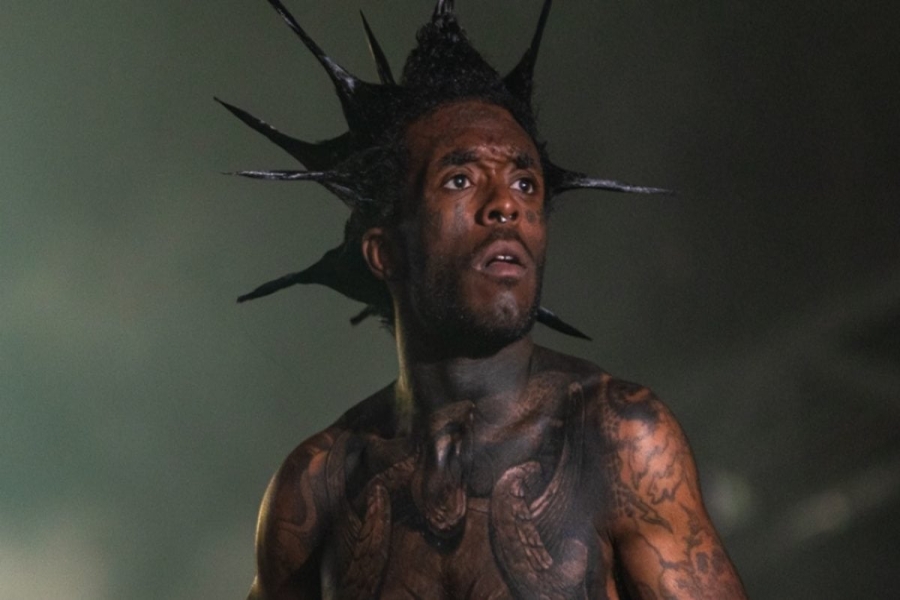Insiders also forecast who could lead Columbia Records.
The Oct. 18 appointment of Rob Stringer, chairman/CEO of Columbia Records, to chief executive of Sony Music Entertainment (SME), succeeding industry veteran Doug Morris, 77, was nothing if not a fait accompli. Stringer, who will report to Sony Corp. chief Michael Lynton, had led Columbia to one of its best years ever, with the diamond certification of Adele’s 2015 album, 25 (10.1 million equivalent album units earned in the U.S., according to Nielsen Music); Beyonce’s Lemonade (2.1 million); and, more recently, out-of-the-gate successes by Solange (106,000) and a string of hit singles by The Chainsmokers and Calvin Harris.
“We were always hoping that eventually he was going to get the job,” says Simon Cowell, head of Syco Entertainment and a partner with Columbia on TV-born acts like One Direction and Susan Boyle. “Or I certainly was. I was terrified he might go somewhere else. Rob is a very special person. He’s passionate, loyal, reliable, honest and genuinely loves his artists. He’s competitive -- not to the point of crazy, but I wouldn’t want to be on the other side of Rob in a deal. I’ve seen what he can do.”
Stringer’s tenure with the company goes back some 30 years. The 54-year-old native of Aylesbury, England, started in the marketing department of Sony predecessor CBS Records in 1985, rising to managing director of Epic Records in 1992 and, in 2001, chairman of Sony Music U.K. By then rooted in A&R (his first signing was British rock band Manic Street Preachers and he’s long been a fixture at concerts, both big and small), Stringer rose to chairman of Sony BMG U.K. following the two companies’ merger in 2004; two years later, he moved stateside to become chairman of Sony Music Label Group. In 2008, Sony Corp. absorbed BMG’s half of the joint venture and Stringer was appointed to the top job at Columbia.
It was an enviable position to be in: The 128-year-old label is home to such iconic acts as Bruce Springsteen, Bob Dylan, Barbra Streisand and Tony Bennett. Today, Columbia leads in market share through the third quarter of 2016, at 11.5 percent. Similarly, Sony-distributed labels, which Stringer will oversee in his new position (Morris will transition to Sony Music chairman in April 2017), give SME 28.4 percent of the market (in albums plus TEA) — thanks also to strong performers Epic (Meghan Trainor, Future), run by Antonio “L.A.” Reid, and RCA (Sia, Justin Timberlake), co-headed by Peter Edge and Tom Corson -- still second to Universal Music Group but only by 6.3 percent.
Indeed, competition between the two music giants has only intensified in recent years, especially on the heels of Morris’ departure from the top post at UMG in 2011. Among the acquisitions that Morris initiated were the purchase of indie distributor The Orchard and a joint venture with Disruptor Records (home to the Chainsmokers). He also extended deals with Cowell’s Syco Entertainment, dance label Ultra Records and video platform VEVO. And with Sony Corp.’s music operations tallying global sales of $1.4 billion in 2015, an 8.2 percent increase year over year, and recorded music accounting for $874.5 million, Morris has maintained his sector’s profitability.
Still, there have been challenges, as the business has shifted away from sales and albums to streams and singles. And internally, Sony has lost several top executives, among them former Columbia COO Steve Barnett, who in 2012 was named chairman/CEO of UMG’s Capitol Music Group (where he was later joined by ex-Columbia head of A&R Ashley Newton and SVP of marketing Scott Greer); Sony Nashville head Joe Galante, who stepped down in 2010; and RCA executive vp promotion Richard Palmese, who left to work for Irving Azoff in 2011.
Stringer, too, has had some stumbles, most notably appointing songwriter Amanda Ghost (James Blunt’s “Beautiful”) as head of Epic in 2009 for a brief but disastrous run (she was out less than two years later), and the hiring of producer Rick Rubin as Columbia co-chairman in 2007 -- though through Rubin came Adele. “Rob’s biggest challenge is that he has been a great leader of artists, not executives,” says one major-label president. “There’s no one next in line at Columbia.”
To that end, the guessing game over who might be a contender for what many consider the music biz’s most prestigious gig, is already on, but other than an expected promotion of Sony Music executive vp/CFO Kevin Kelleher to COO, Stringer’s plans remain a mystery. Inside Columbia, executive vp/GM Joel Klaiman, hired in 2011, is a logical candidate, although sources downplay his chances; most other label heads, like Atlantic’s Julie Greenwald, are locked into contracts. Some have suggested that a Sony alum like Barry Weiss, who runs the RED-distributed RECORDS label, a Sony veteran like Corson, or even a returning Barnett could take the job. Stringer could also choose to retain leadership of Columbia while running SME.
Even with all these unknowns aside, Cowell suggests that the well-liked Stringer build and they will come. “He built up Columbia. He built up a reputation. He deserves this job.” It’s a sentiment shared by Morris -- the only music executive in history to have led all three major label groups -- who declared, “Sony Music Entertainment will be in great hands.”








